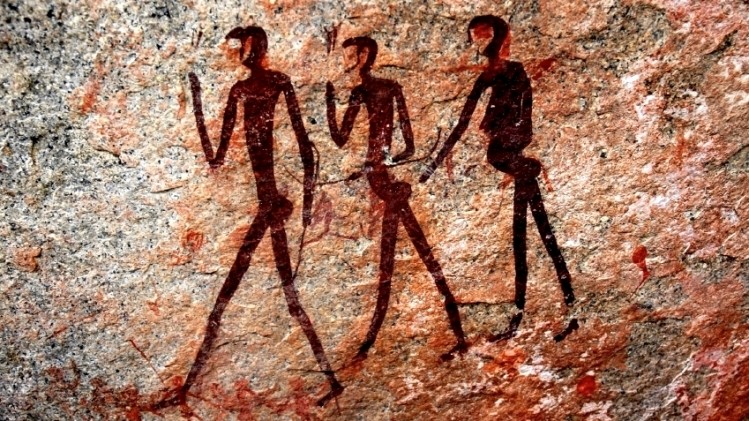Australia
Diabetics should be wary of paleo diet ‘hype’

There are scores of websites and patient testimonials claiming the paleo diet—also referred to as the caveman diet, Stone Age diet, and hunter–gatherer diet—is beneficial for diabetics.
It recommends the avoidance of processed food, refined sugars, legumes, dairy, grains and cereals, and instead it advocates for grass-fed meat, wild fish, fruit, vegetables, nuts and “healthy” saturated fat
But writing in the Medical Journal of Australia, Sof Andrikopoulos says despite dozens of websites urging diabetes sufferers to adopt the diet, there have been no trials lasting beyond 12 weeks on type 2 diabetes sufferers.
“There have been only two trials worldwide of people with type 2 diabetes on what looks to be a paleo diet,” said Associate Professor Andrikopoulos, a researcher at the University of Melbourne Department of Medicine, based at the Austin Hospital.
“Both studies had fewer than 20 participants, one had no control diet, and at 12 weeks or less neither study lasted long enough for us to draw solid conclusions about the impact on weight or glycemic control.”
Given the diet’s popularity, he said it was somewhat surprising that a PubMed search using the terms “Paleolithic diet and diabetes” resulted in only 23 articles, with many being reviews or commentaries.
Important nutrients
Prof. Andrikopoulos emphasised the importance of people with type 2 diabetes seeking advice from their GPs, registered dietitians and diabetes organisations.
“Most paleo diets insist on avoiding refined sugar and processed food, which is consistent with dietary guidelines worldwide,” he said.
“But when you start cutting out whole grains and dairy, which are absent from many forms of the paleo diet, you may forgo important sources of fibre and calcium.”
He added that people with diabetes benefited most from regular exercise and the Mediterranean diet—olive oil, fats from fish, legumes and low in refined sugar.
“If you’re already overweight or you live a sedentary life, it may be quite risky to adopt a high-fat diet… and if you have diabetes, it’s downright dangerous.
“The internet is full of testimonials from people saying a particular diet worked for them because they cut calories and lost weight, but people with diabetes in particular need to approach those claims with caution and seek advice from their health care professional.”
He said there was clearly a need for “more randomised controlled studies with more patients and for a longer period of time… to determine whether [a paleo diet] has any beneficial effect over other dietary advice.”
!['The [UK] Government should take action to prevent unqualified people from potentially putting people’s health at risk,' says petition. ©iStock/Zerbor](/var/wrbm_gb_food_pharma/storage/images/_aliases/wrbm_medium/9/9/6/4/3344699-5-eng-GB/Nutritionists-want-legal-protection-for-job-title.jpg)





















